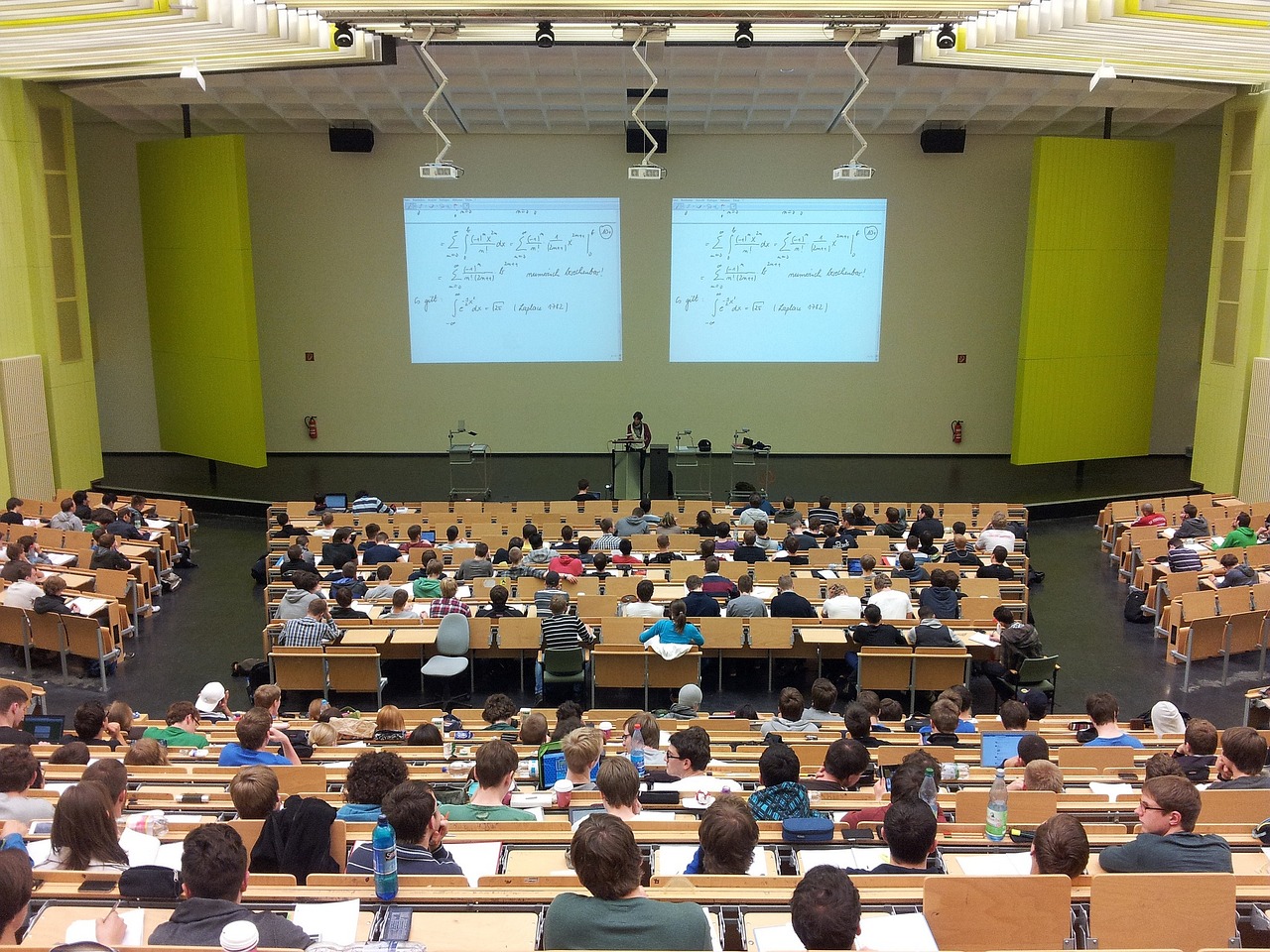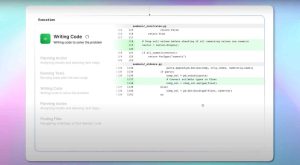
In an era dominated by technological advancements, the intersection of artificial intelligence (AI) and education has sparked intriguing debates about the future of college writing. As AI-powered tools continue to evolve, many people wonder: Will artificial intelligence ultimately spell the demise of traditional college writing instruction?
In this blog, we'll delve into this thought-provoking question, exploring the current landscape of AI in writing, its potential impact on college writing programs, and the enduring value of human creativity and critical thinking in the age of automation.
The Rise of AI in Writing:
Artificial intelligence has revolutionized various aspects of writing, from grammar and style checking to content generation and plagiarism detection. AI-powered writing assistants, such as Grammarly and Hemingway Editor, have become indispensable tools for writers, offering real-time feedback and suggestions to enhance clarity, coherence, and correctness.
Moreover, natural language processing (NLP) models, such as OpenAI's GPT series, have demonstrated remarkable proficiency in generating human-like text based on prompts or input. These AI models can mimic different writing styles, emulate the tone of specific authors, and even compose coherent essays on a wide range of topics.
Implications for College Writing Programs:
Given the capabilities of AI in writing assistance and content generation, it's natural to speculate about its impact on college writing programs. Will AI-driven writing tools render traditional writing instruction obsolete, relegating students to passive consumers of automated content?
While AI can certainly augment certain aspects of writing, such as grammar correction and language enhancement, it cannot completely replace the fundamental skills and critical thinking abilities cultivated through college writing courses. Writing is not merely about stringing words together; it's about crafting persuasive arguments, conducting research, and engaging with diverse perspectives.
Moreover, college writing programs play a crucial role in developing students' ability to communicate effectively, think critically, and analyze complex issues—a skill set that AI has tried to emulate but has still fallen a bit short. By fostering creativity, empathy, and intellectual curiosity, writing instruction empowers students to navigate the complexities of the world and express their unique voices.

The Value of Human Creativity and Critical Thinking:
One of the enduring strengths of human writing is its capacity for creativity and critical thinking. While AI algorithms can analyze vast datasets and generate text based on statistical patterns, they lack the depth of insight and originality that characterize human expression.
College writing cultivates students' ability to articulate their thoughts, formulate coherent arguments, and engage in meaningful dialogue with others. Through writing assignments, students learn to synthesize information, evaluate sources, and construct compelling narratives—a process that fosters intellectual growth and self-discovery.
Moreover, writing is inherently personal, reflecting the unique perspectives, experiences, and identities of individual authors. While AI can emulate certain writing styles, it cannot replicate the richness of human expression or the depth of human emotion. The human touch—our capacity for empathy, vulnerability, and connection—is what gives writing its enduring power and resonance.
The Role of Writing Instruction in the Digital Age:
In an increasingly digital and interconnected world, the role of writing instruction has never been more important. As society grapples with complex challenges, from climate change to social inequality, the ability to communicate effectively and advocate for change through writing is essential.
College writing programs must adapt to the realities of the digital age, integrating AI-powered writing tools into the curriculum while emphasizing the enduring value of human creativity and critical thinking. Rather than fearing the rise of AI, educators can harness its potential to enhance writing instruction, providing students with valuable feedback and resources to improve their writing skills.
Moreover, writing instruction can serve as a bulwark against the proliferation of misinformation and fake news in the digital landscape. By teaching students to critically evaluate sources, analyze arguments, and construct evidence-based narratives, writing programs equip them with the tools to navigate the complexities of the information age responsibly.
By embracing the synergy between AI-driven writing tools and traditional writing instruction, colleges and universities can empower students to become effective communicators, critical thinkers, and engaged citizens in the digital age.
So while AI has transformed various aspects of writing, from grammar checking to content generation, the art of college writing remains a distinctly human endeavor. Writing instruction fosters creativity, critical thinking, and communication skills that are essential for success in the digital age.
Rather than viewing AI as a threat to writing instruction, educators can leverage its potential to enhance student learning and engagement. By integrating AI-powered writing tools into the curriculum and emphasizing the enduring value of human expression, colleges and universities can prepare students to thrive in an increasingly complex and interconnected world.
As we navigate the evolving landscape of technology and education, let us embrace the opportunities afforded by AI while affirming the enduring importance of human creativity and critical thinking in the art of college writing.
REFERENCES:
- Grammarly: Explore Grammarly, an AI-powered writing assistant that offers real-time feedback and suggestions to improve writing clarity and correctness.
- OpenAI's GPT-3: Learn more about OpenAI's GPT-3, a state-of-the-art NLP model capable of generating human-like text based on prompts or input.
- The Chronicle of Higher Education - Will AI Replace Writing Teachers?: Read this article from The Chronicle of Higher Education discussing the potential impact of AI on writing instruction in higher education.
- EdSurge - The Future of Writing Instruction: Check out this piece from EdSurge exploring the role of AI in writing instruction and its implications for the future of education.








